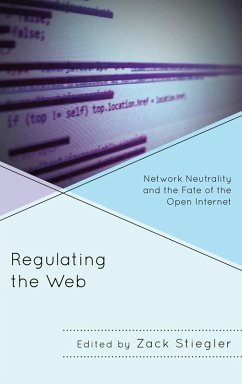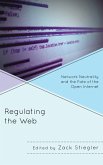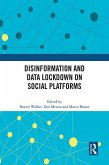Since its popularization in the mid 1990s, the Internet has impacted nearly every aspect of our cultural and personal lives. Over the course of two decades, the Internet remained an unregulated medium whose characteristic openness allowed numerous applications, services, and websites to flourish. By 2005, Internet Service Providers began to explore alternative methods of network management that would permit them to discriminate the quality and speed of access to online content as they saw fit. In response, the Federal Communications Commission sought to enshrine "net neutrality" in regulatory policy as a means of preserving the Internet's open, nondiscriminatory characteristics. Although the FCC established a net neutrality policy in 2010, debate continues as to who ultimately should have authority to shape and maintain the Internet's structure. Regulating the Web brings together a diverse collection of scholars who examine the net neutrality policy and surrounding debates from a variety of perspectives. In doing so, the book contributes to the ongoing discourse about net neutrality in the hopes that we may continue to work toward preserving a truly open Internet structure in the United States.
Bitte wählen Sie Ihr Anliegen aus.
Rechnungen
Retourenschein anfordern
Bestellstatus
Storno









